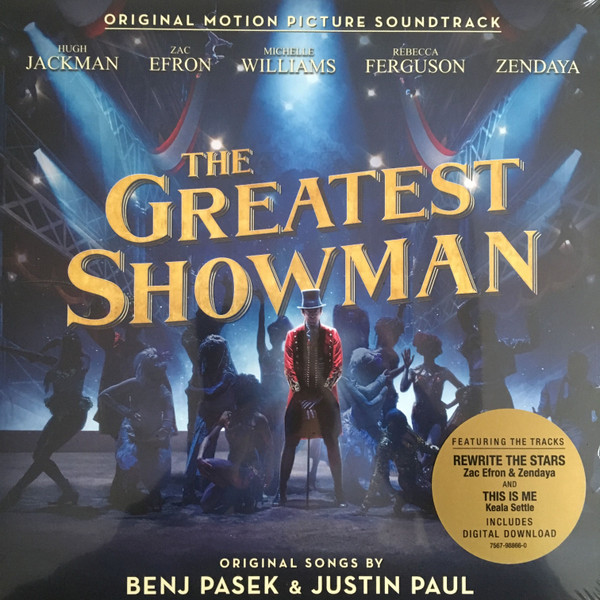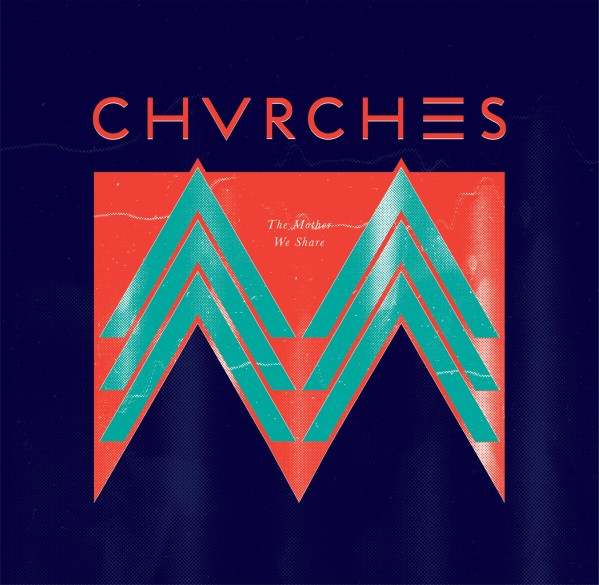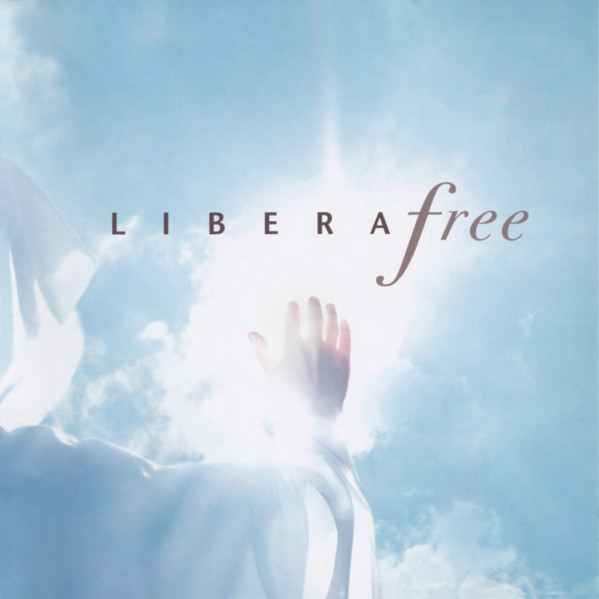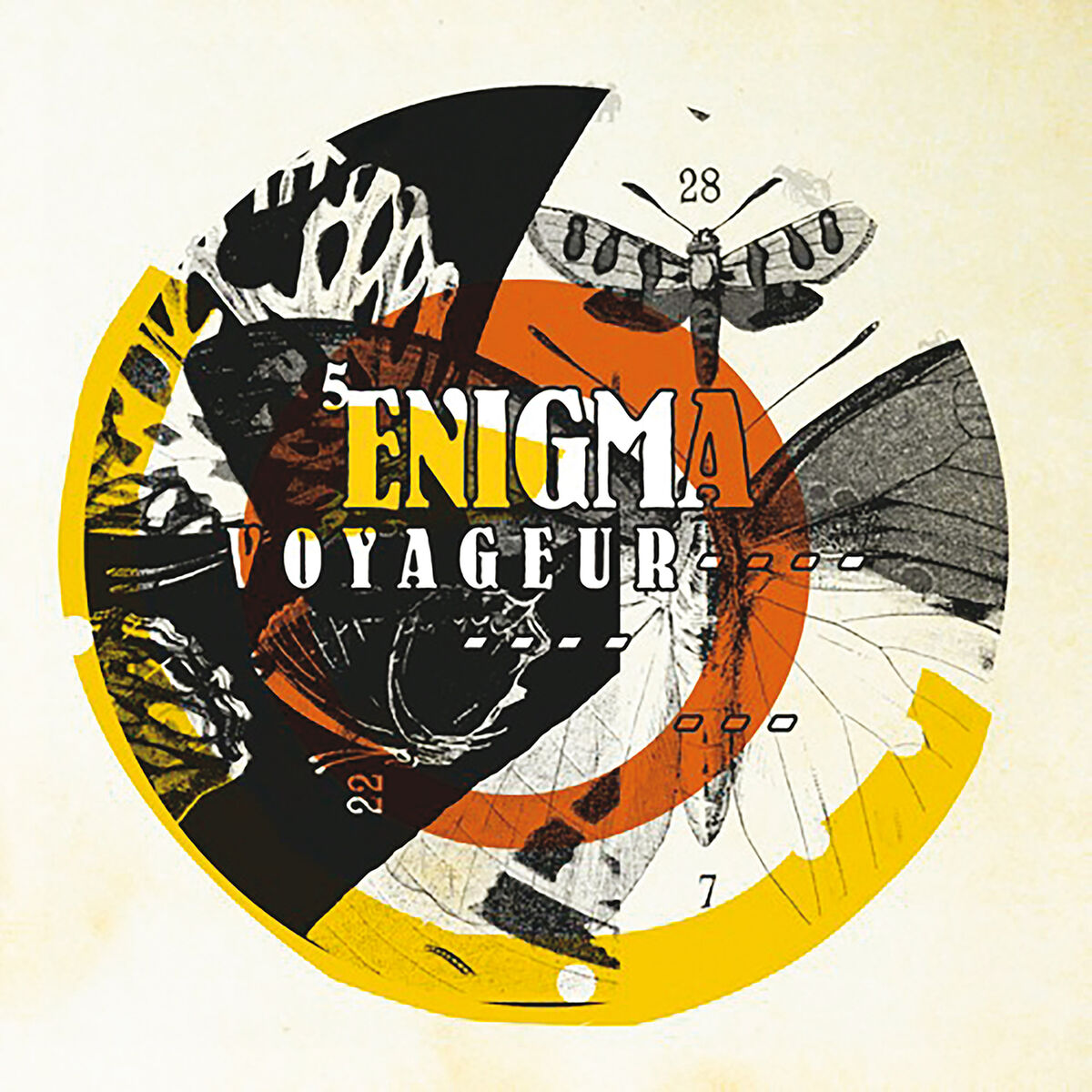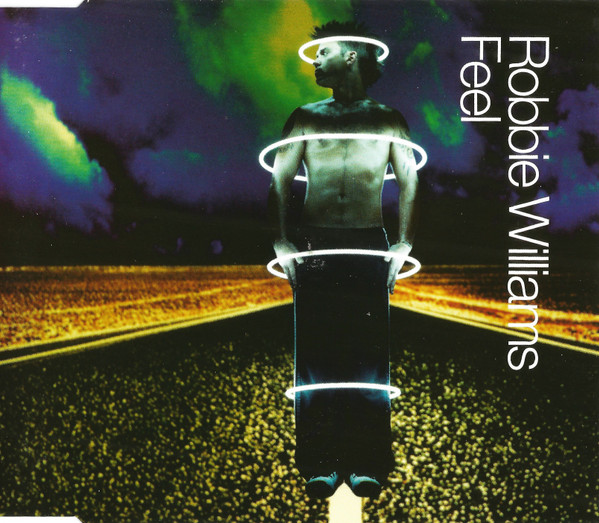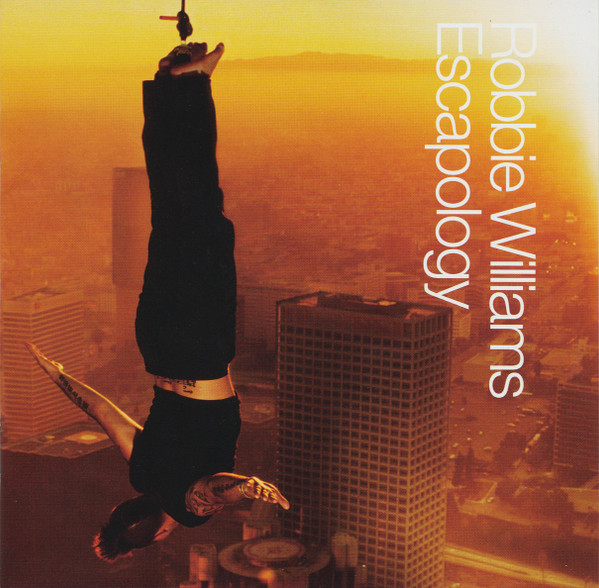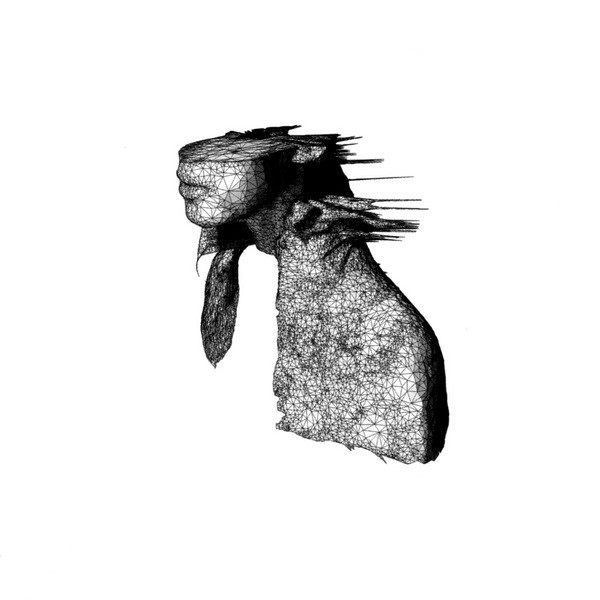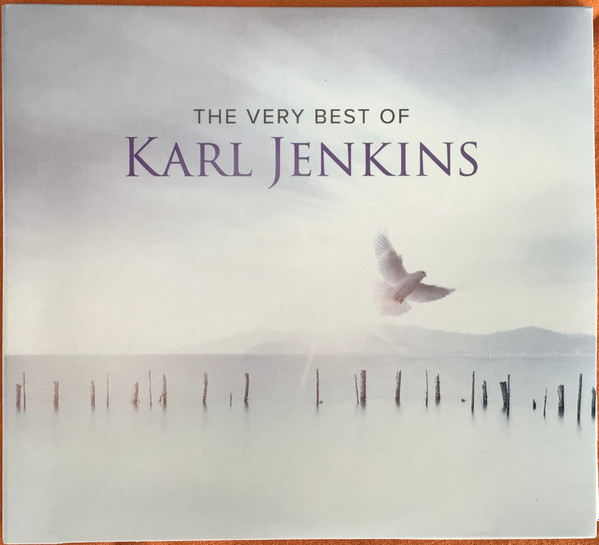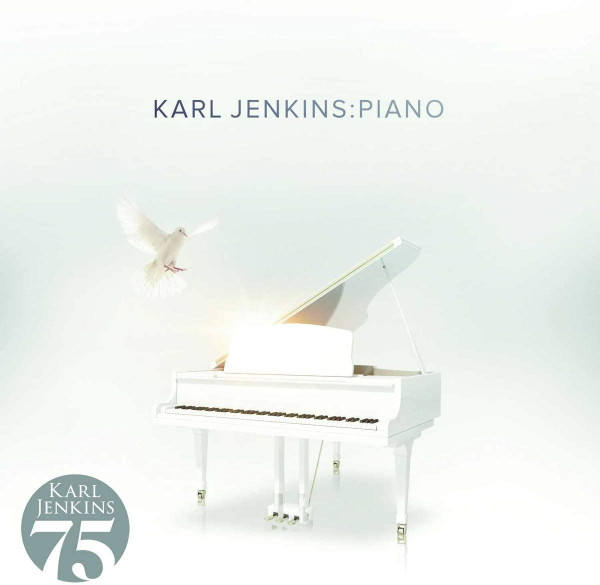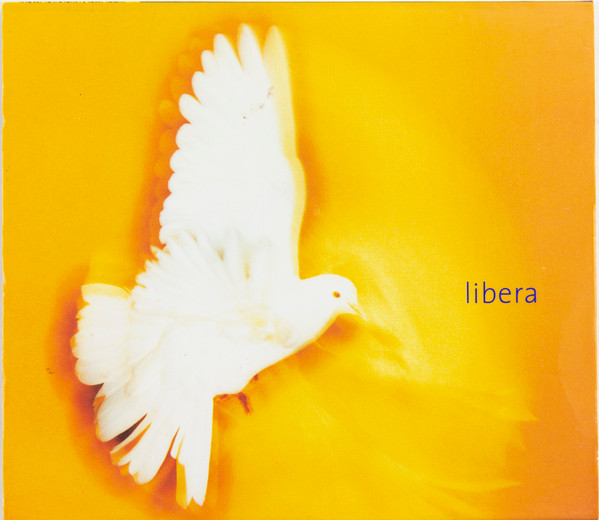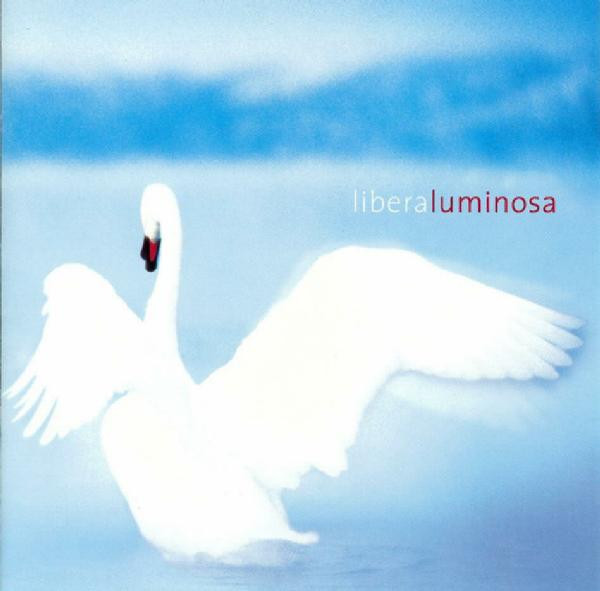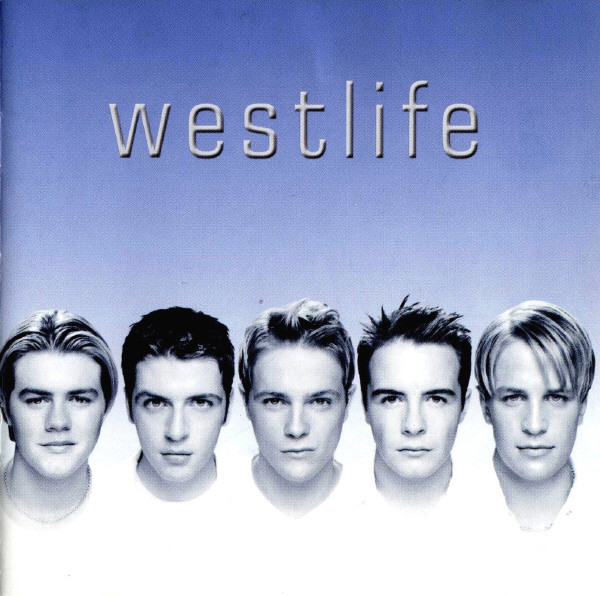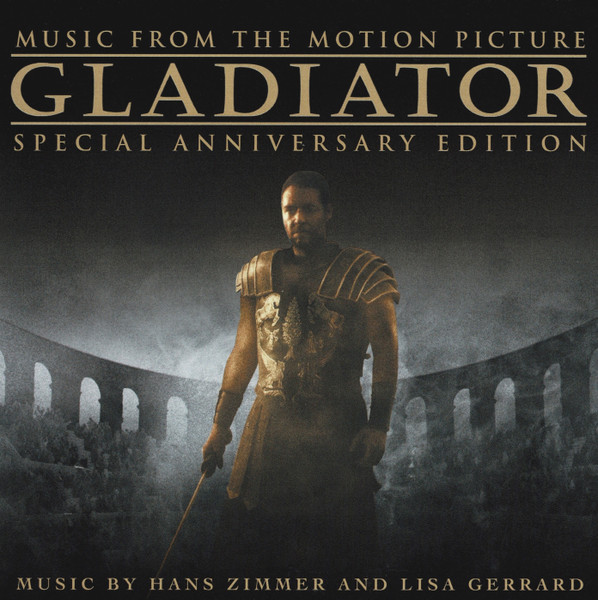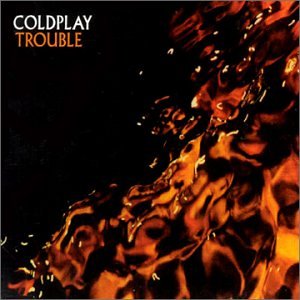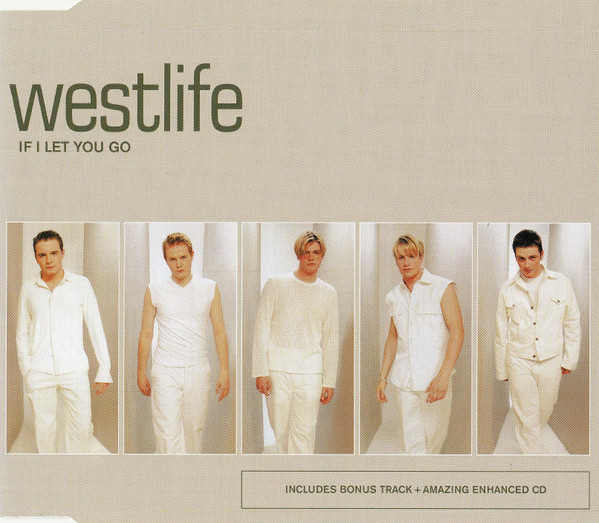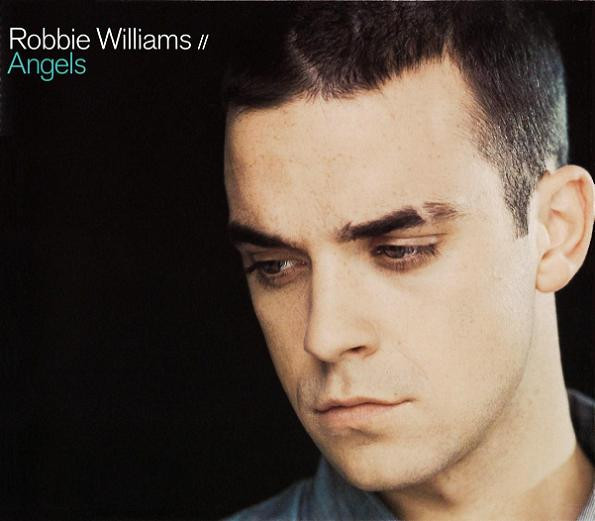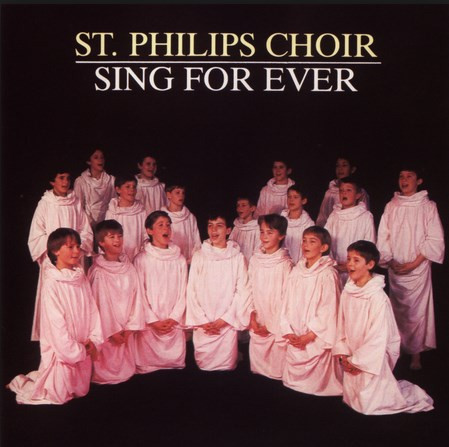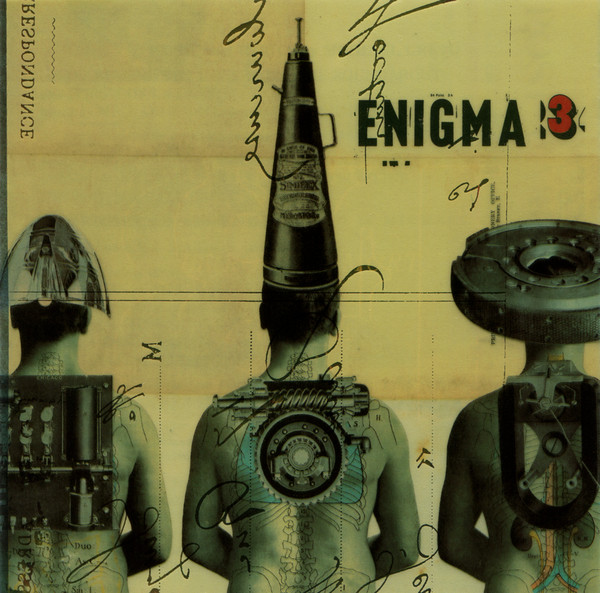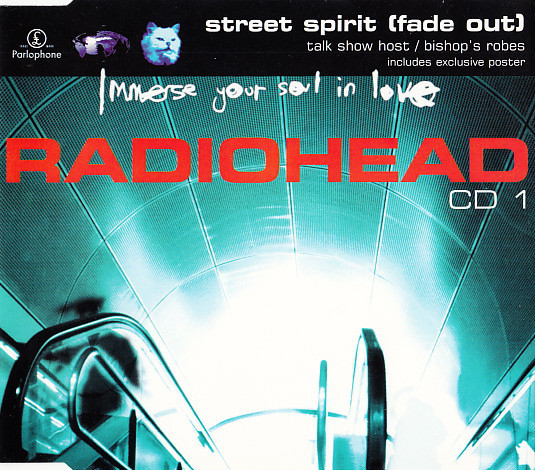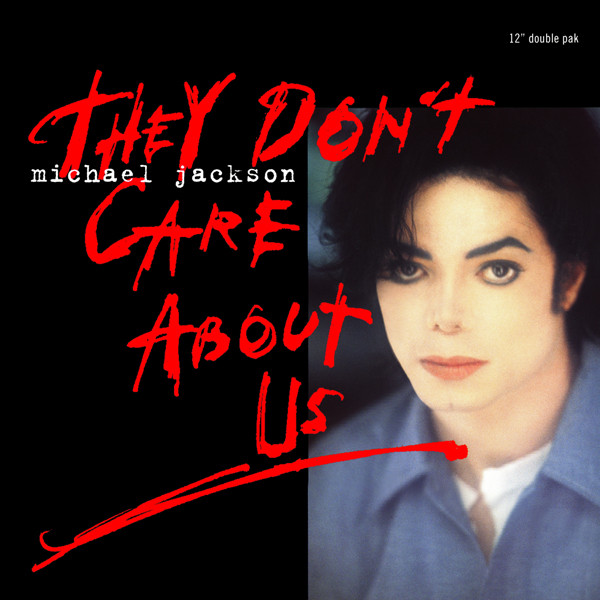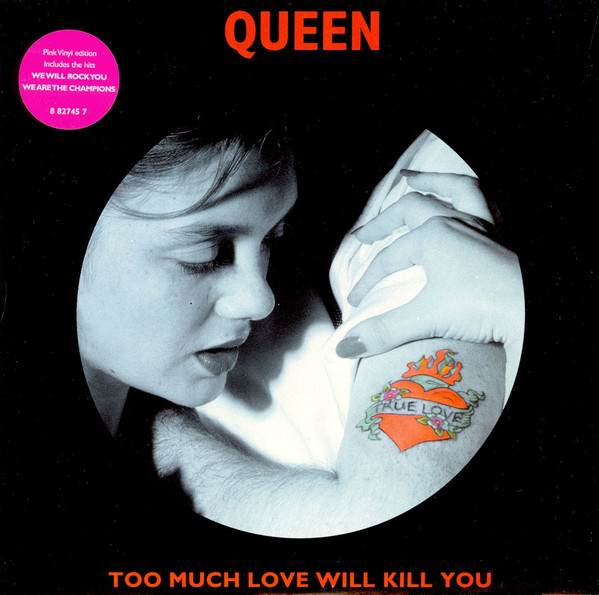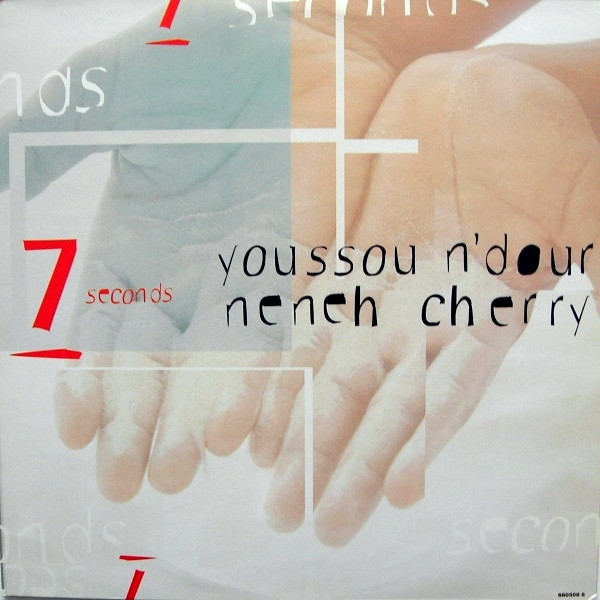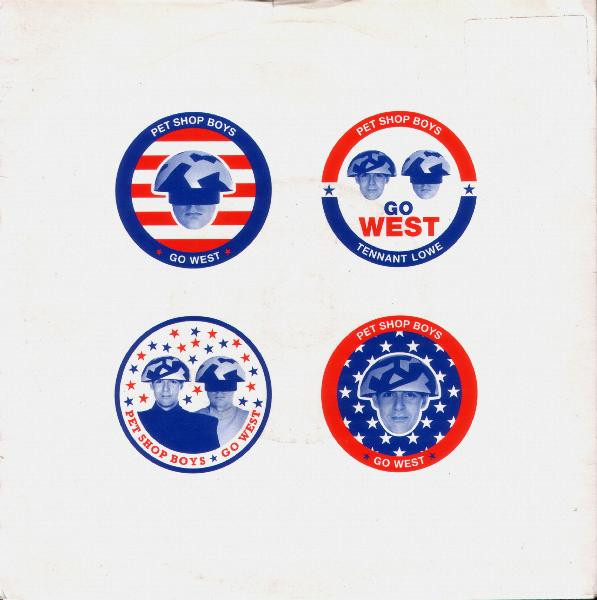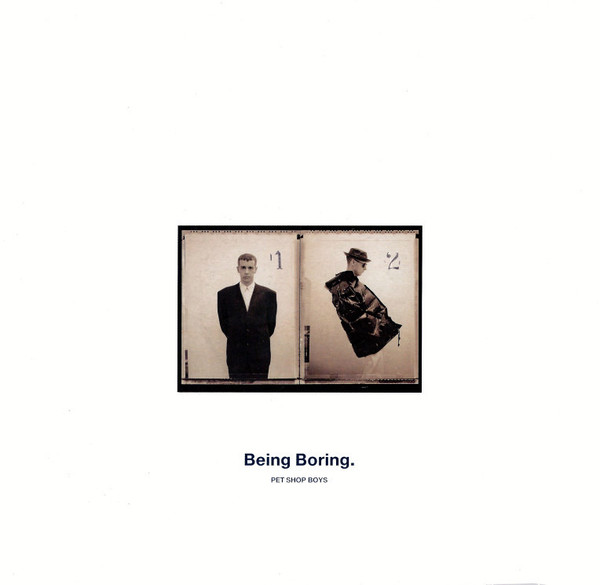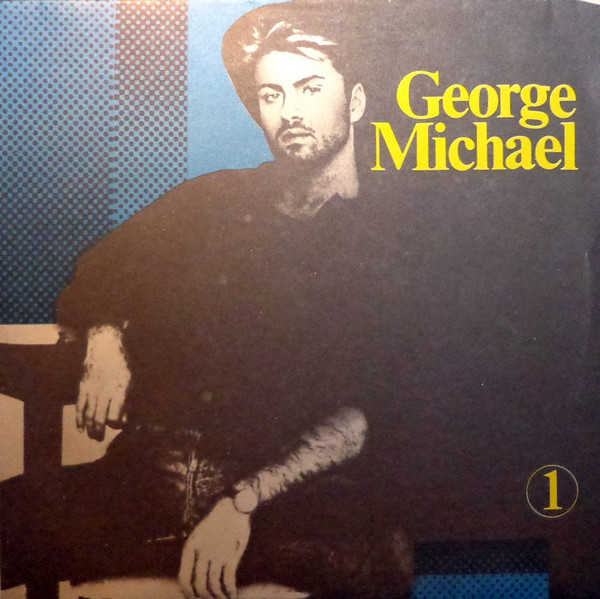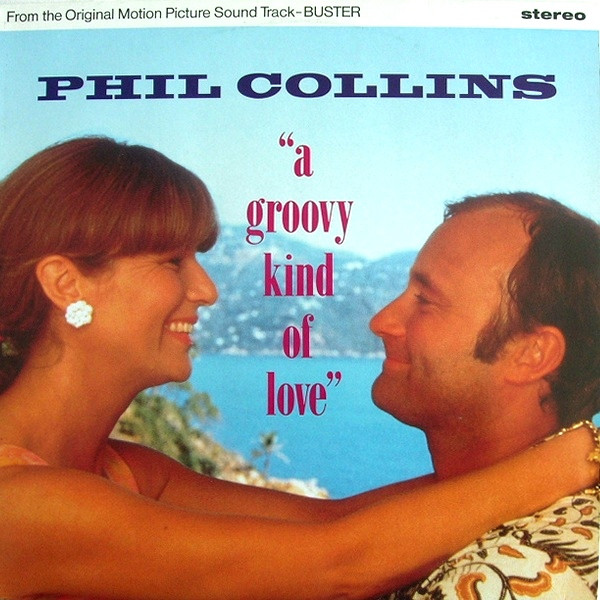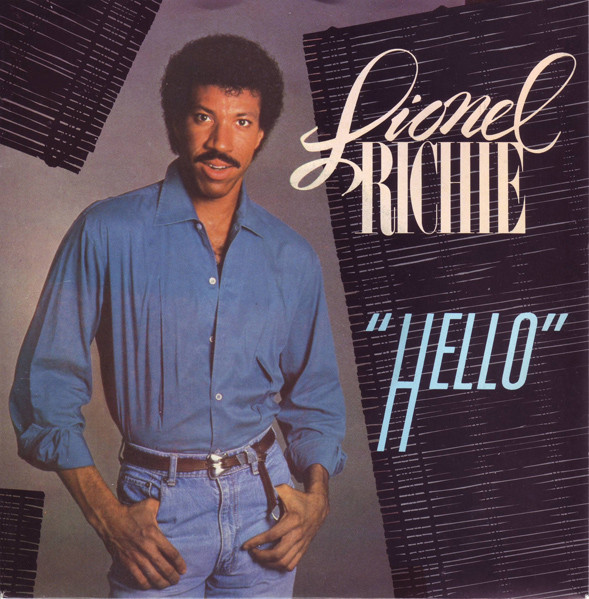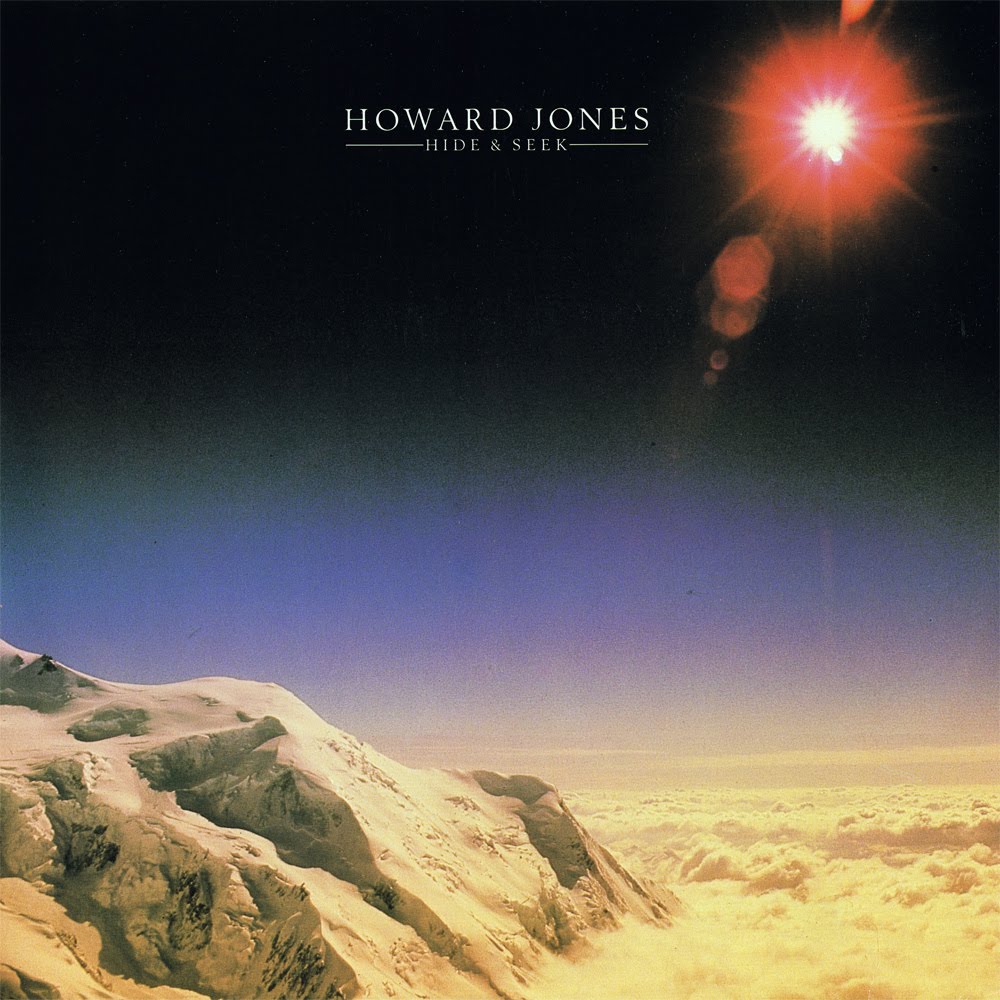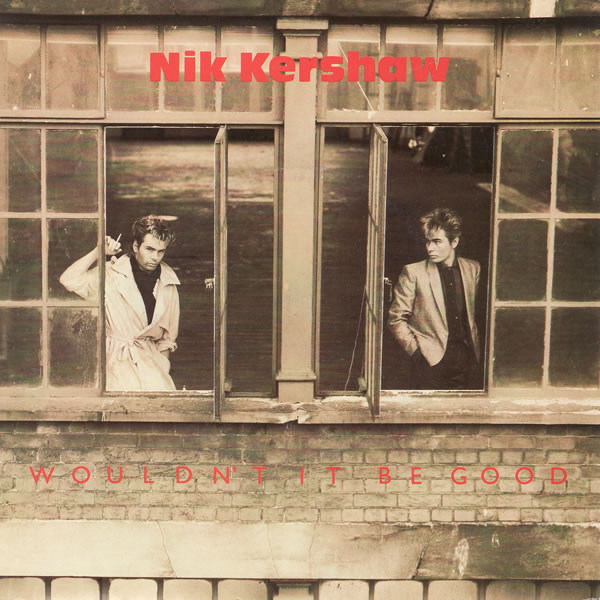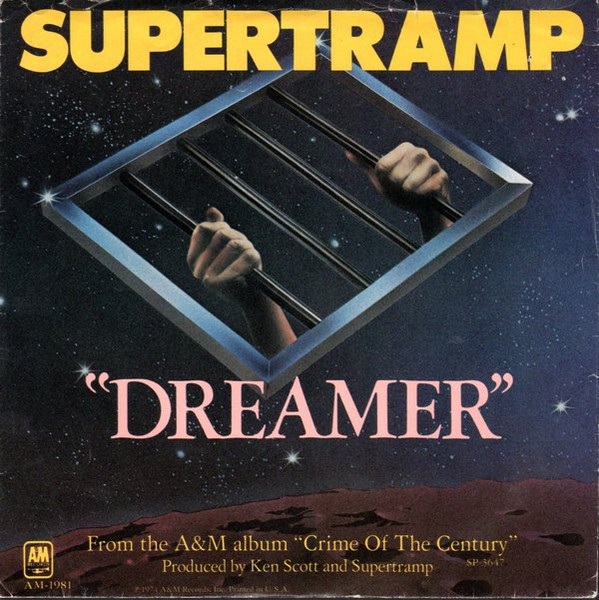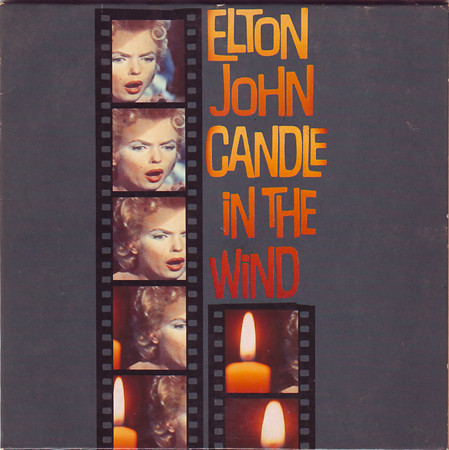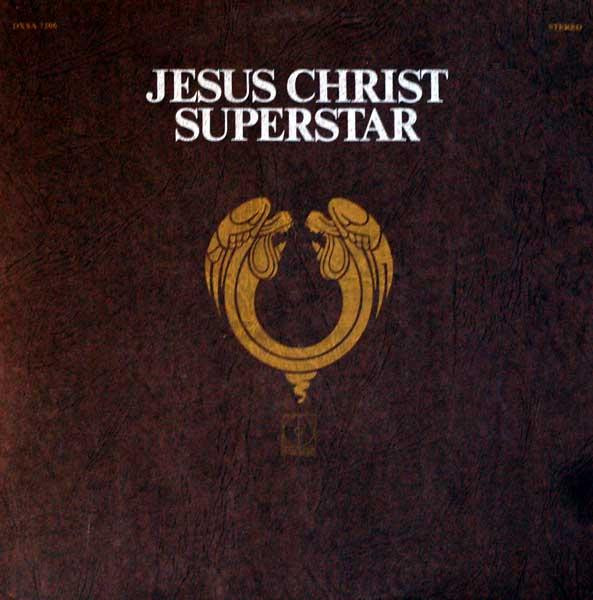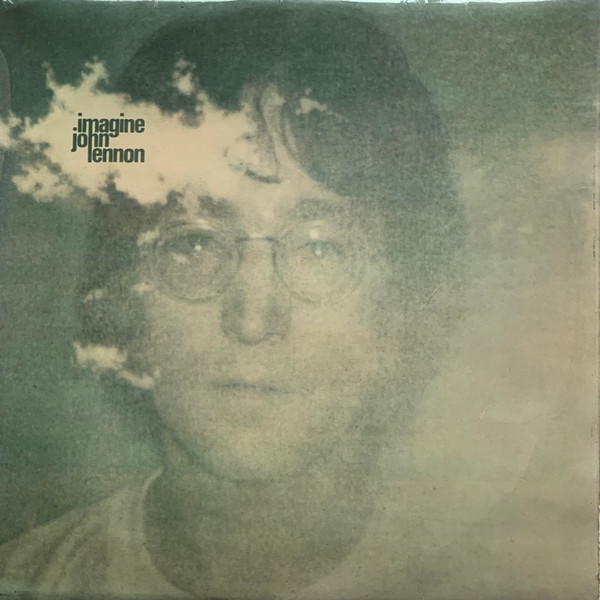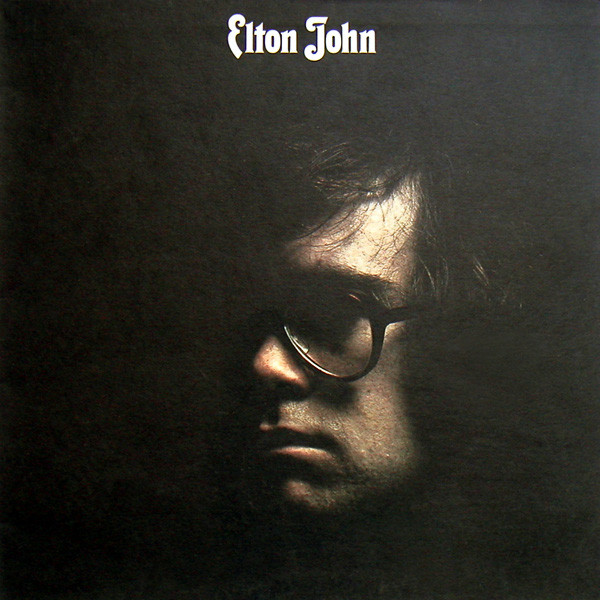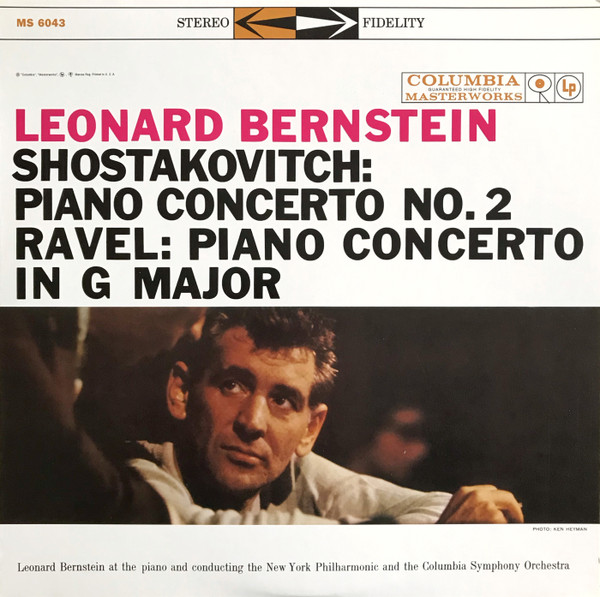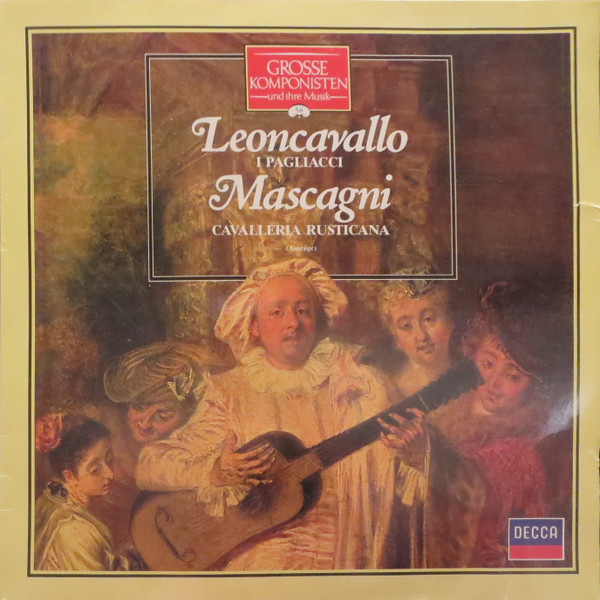Favourite Music
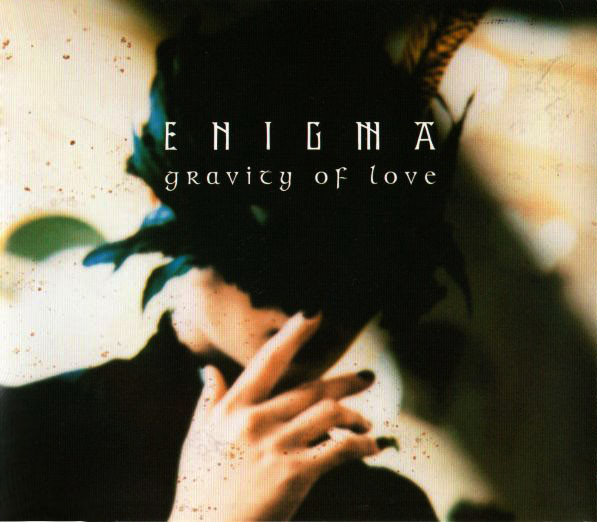
Gravity of Love (1999)
Artist: Enigma
Genre: New Age / Ambient
Score: 10 / 10
"Gravity of Love" is a song by the musical group Enigma. It was released in November 1999 as the lead single from the album The Screen Behind the Mirror. The song features guest vocals by Ruth-Ann Boyle of the British band Olive and has samples from Carl Orff's Carmina Burana.

That's the Way I Like It (1997)
Artist: Backstreet Boys
Genre: Pop
Score: 8 / 10
This track appears on the Backstreet Boys' second studio album, Backstreet's Back, released on August 11, 1997. The song showcases the group's signature harmonies and pop sound that contributed to their rise in popularity during the late '90s.
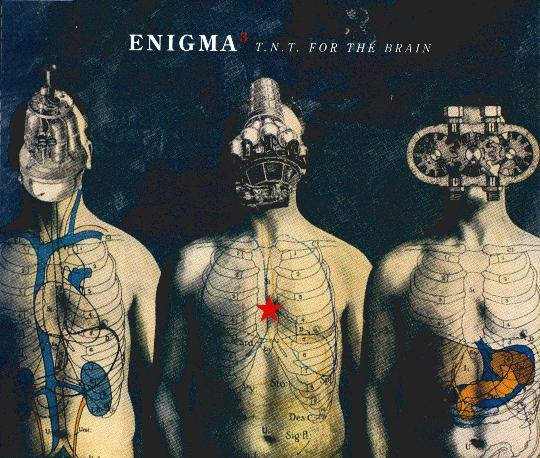
TNT for the Brain (1997)
Artist: Enigma
Genre: New Age / Ambient
Score: 8 / 10
"T.N.T. for the Brain" is a song by German musical project Enigma, released as the second and last single from their third album, Le Roi Est Mort, Vive Le Roi! (1996). The track combines sensual vocals with ambient soundscapes, characteristic of Enigma's style.
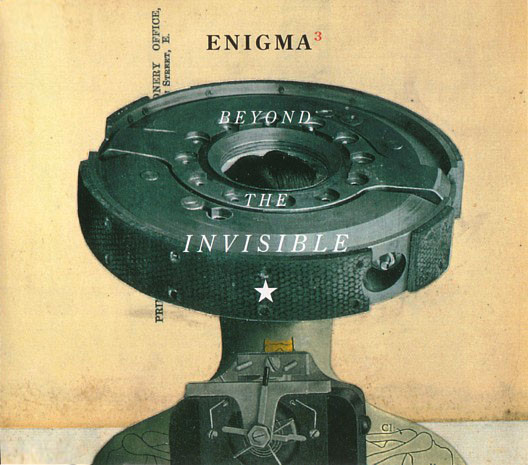
Beyond the Invisible (1996)
Artist: Enigma
Genre: New Age / Ambient
Score: 8 / 10
"Beyond the Invisible" is a song by German musical project Enigma. It was released in 1996 as the lead single from their third album, Le Roi Est Mort, Vive Le Roi!. The track features samples of a Latvian folk ensemble Rasa song and Gregorian chants, creating a soothing blend of world music and ambient electronic sounds.
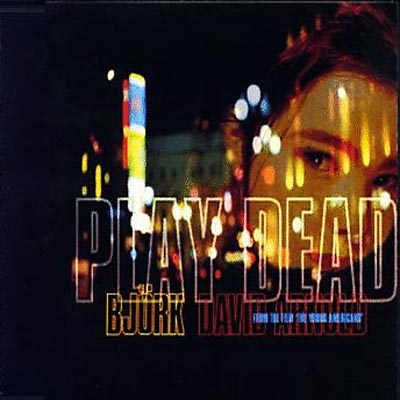
Play Dead (1993)
Artist: Bjork
Genre: Experimental / Other
Score: 8 / 10
"Play Dead" was co-written by Björk, David Arnold, and Jah Wobble for the soundtrack of the film The Young Americans. Released in October 1993, it was later included as a bonus track on the reissue of Björk's debut solo album, Debut. The song is noted for its orchestral arrangement and haunting vocals.
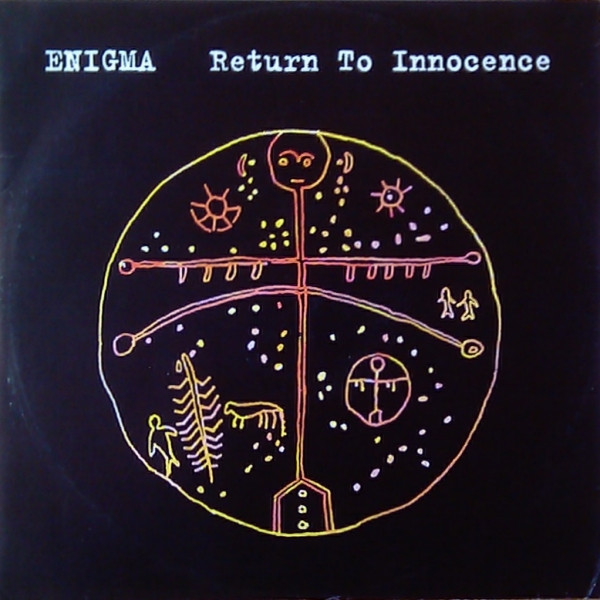
Return to Innocence (1993)
Artist: Enigma
Genre: New Age / Ambient
Score: 10 / 10
"Return to Innocence" is a song by German musical group Enigma, released in December 1993 by Virgin Records as the lead single from the group's second album, The Cross of Changes. It was co-written and produced by Michael Cretu, reaching number one in over 10 countries. The song peaked at number three on the UK Singles Chart and entered the top five in several other countries.

Praying for Time (1990)
Artist: George Michael
Genre: Pop
Score: 10 / 10
"Praying for Time" is a song written, produced, and performed by English singer and songwriter George Michael, released on Epic Records in the United Kingdom and Columbia Records in the United States in 1990. It was the first single from his second studio album, Listen Without Prejudice Vol. 1 (1990), spending one week at number one on the US Billboard Hot 100, and two weeks on the US Cash Box Top 100, making it Michael's seventh number one in the US and his last solo single to reach the top of both charts. "Praying for Time" also reached number one in Canada for two weeks, becoming Michael's penultimate number-one solo hit there.
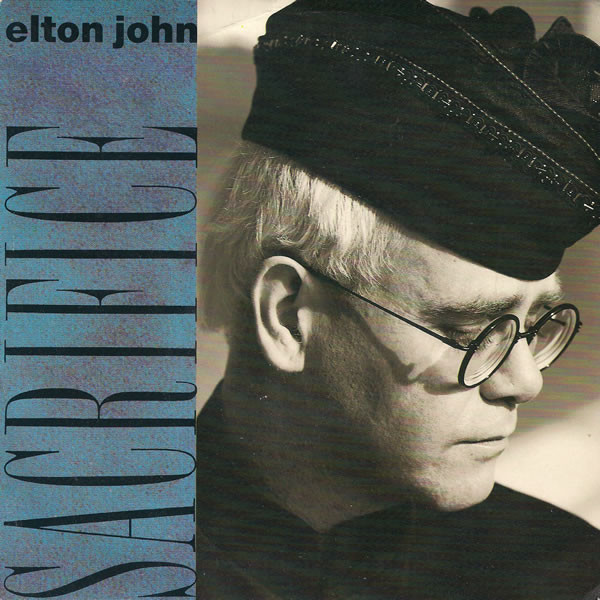
Sacrifice (1989)
Artist: Elton John
Genre: Pop
Score: 8 / 10
"Sacrifice" is a poignant ballad from Elton John's 22nd studio album, Sleeping with the Past. Initially released in 1989, the song gained significant popularity upon its re-release in 1990, becoming Elton John's first solo UK number-one single. The lyrics delve into the complexities of adult relationships and the challenges of maintaining love over time.

Nikita (1985)
Artist: Elton John
Genre: Soft Rock
Score: 8 / 10
"Nikita" is a romantic ballad from Elton John's 19th studio album, Ice on Fire. Released in 1985, the song tells the story of a forbidden love across the Berlin Wall during the Cold War era. The track features backing vocals by George Michael and guitar by Nik Kershaw. The accompanying music video, directed by Ken Russell, portrays a narrative of longing and separation.
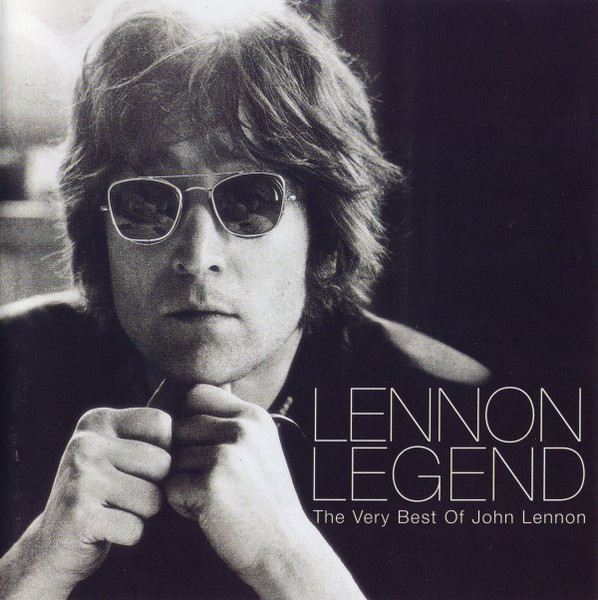
Woman (1981)
Artist: John Lennon
Genre: Soft Rock
Score: 8 / 10
"Woman" is a song written and performed by English singer John Lennon from his 1980 album Double Fantasy. The track was chosen by Lennon to be the second single released from the album, and it was the first Lennon single issued after his murder on 8 December 1980.

The Winner Takes it All (1980)
Artist: Abba
Genre: Pop
Score: 9 / 10
This poignant ballad was released as the lead single from ABBA's seventh studio album, Super Trouper, on 21 July 1980. The song reflects on the end of a relationship and features Agnetha Fältskog on lead vocals. It became one of ABBA's most enduring hits, topping charts in multiple countries, including the UK.
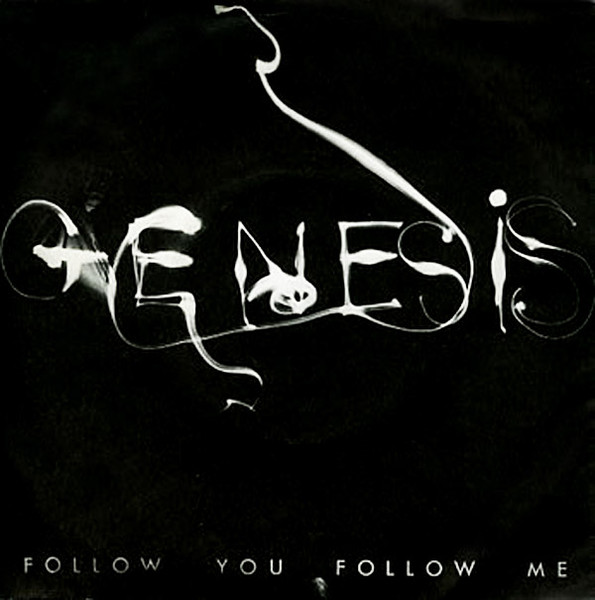
Follow You, Follow Me (1978)
Artist: Genesis
Genre: Soft Rock
Score: 8 / 10
"Follow You Follow Me" is a love song written and recorded by English rock band Genesis. It was released in February 1978 as the first single from their ninth studio album, ...And Then There Were Three.... The song marked a shift towards a more pop-oriented sound for the band and became their first top 10 hit in the UK and first top 40 hit in the US.
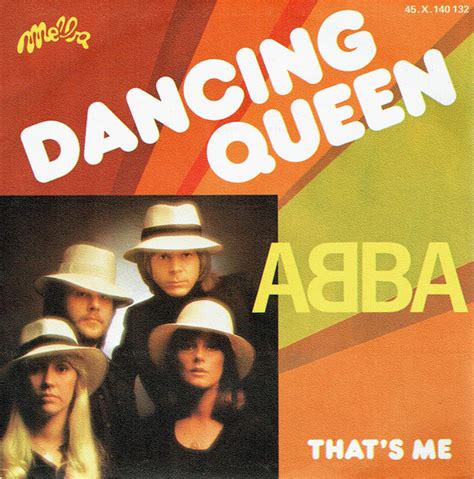
Dancing Queen (1976)
Artist: Abba
Genre: Pop
Score: 9 / 10
"Dancing Queen" was released on 16 August 1976 as the lead single from ABBA's fourth studio album, Arrival. It became a global hit, topping charts in numerous countries, including the US and UK. The song is widely regarded as one of ABBA's signature tracks and a classic of the disco era.
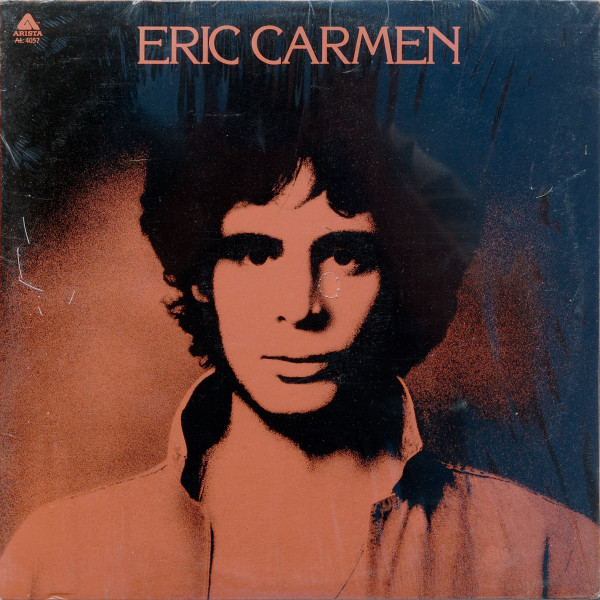
All by Myself (1975)
Artist: Eric Carmen
Genre: Soft Rock
Score: 8 / 10
"All by Myself" is a song by American singer-songwriter Eric Carmen, released in December 1975 as the first single from his debut solo album. The verse is based on the second movement (Adagio sostenuto) of Sergei Rachmaninoff's Piano Concerto No. 2 in C minor, while the chorus was taken from the song "Let's Pretend", which Carmen wrote and recorded with his band the Raspberries in 1972.
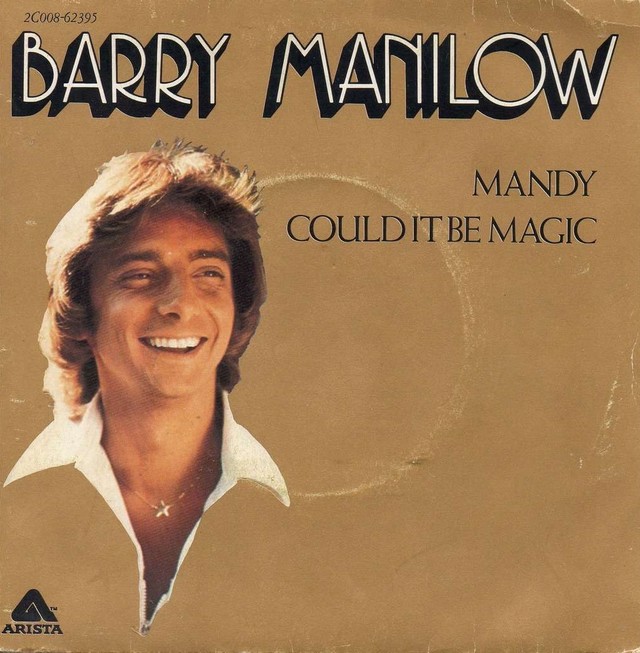
Mandy (1974)
Artist: Barry Manilow
Genre: Vocal
Score: 9 / 10
"Mandy" was originally written and recorded as "Brandy" by Scott English in 1971. Barry Manilow's rendition, released on October 7, 1974, transformed it into a heartfelt ballad. It became his first No. 1 hit on the Billboard Hot 100 in January 1975, propelling him to stardom.

Jealous Guy (1971)
Artist: John Lennon
Genre: Soft Rock
Score: 10 / 10
"Jealous Guy" is a song by English rock musician John Lennon from his 1971 album Imagine. The song originated during The Beatles' 1968 trip to India, where Lennon wrote it as "Child of Nature". He later reworked the lyrics and released it as "Jealous Guy".
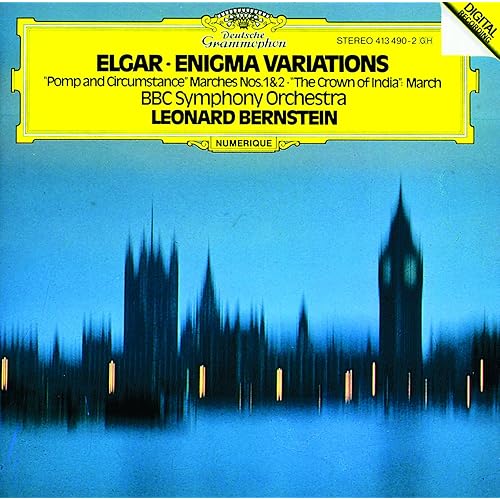
Nimrod (Variation IX from Enigma Variations) (1899)
Artist: Edward Elgar
Genre: Classical
Score: 8 / 10
"Nimrod" is the ninth and most renowned variation in Elgar's Enigma Variations, composed between 1898 and 1899. It serves as a musical portrait of Elgar's close friend and publisher, Augustus J. Jaeger. The title "Nimrod" is a play on words; Jaeger's surname means "hunter" in German, and Nimrod is described as a mighty hunter in the Bible. The variation captures the profound friendship and support Jaeger provided to Elgar, especially during times of self-doubt. Its serene and dignified melody has made it a staple at solemn occasions, including memorial services and state ceremonies.



